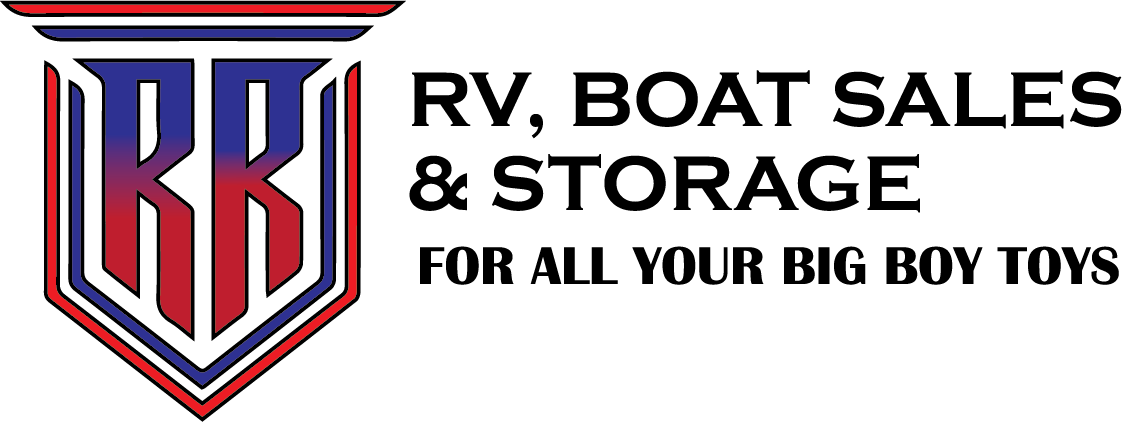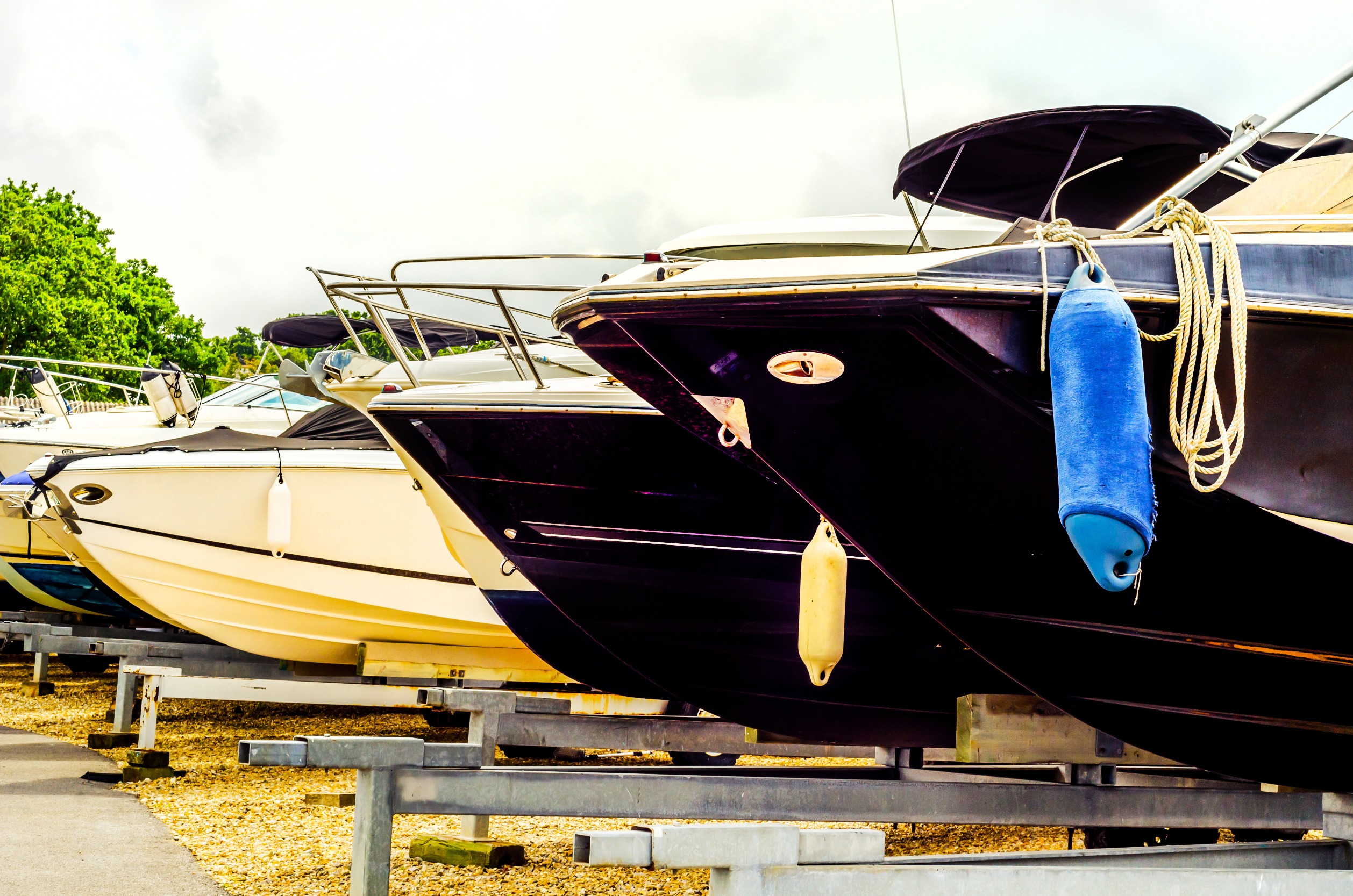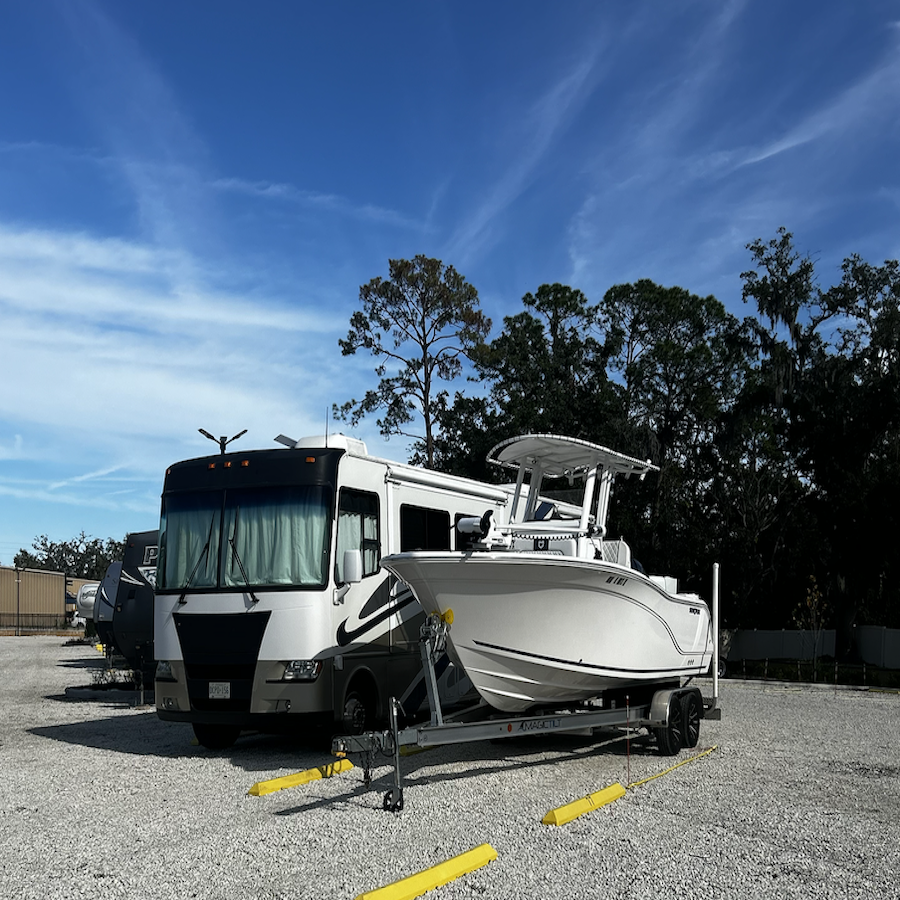How Much Space Do You Need for Your Boat Storage Unit?
If you are looking for an Orlando boat storage facility, it is important to know how to measure your vessel to be able to figure out how much space you need.
The indoor boat storage unit must be adequate for your vessel and any accessories.
- Vessel Measurements: Measure the length and height (bow to stern, tallest point, width at beam, etc.) of your boat and any fixed-in additions, such as T-tops or radar fixtures, with your trailer.
- Clearance: Most indoor facilities can take a height up to 12 feet, while bigger vessels may need a 14-foot clearance for one to enjoy your boat shipped safely—an allowance for antennas, hoops, etc.
- Additional Space: Consider it- leave room to remove canvas enclosures and store life jackets, lines, bumpers, fishing gear, and other essential items in the unit.
Look for overflow boat storage if you need more space than typical unit sizes — you will want accessories stored safely and mostly together.
What Are the Cost Factors for Different Storage Options?
As with parking storage, leaving your boat docked long-term is undoubtedly a financial investment that owners must consider to keep their prize possessions safe. The Key Pricing Factors for a boat storage facility.
- Unit Size: The larger the indoor boat storage unit, the higher the monthly rate, so if need be, start small. The smallest one will be the closest option to contain your boat safely, so measure your boat carefully.
- Location: Storage near downtown Orlando and other popular launching points will generally cost more than places a little out of the way.
- Amenities: Sites’ extras — like access to electrical outlets, equipment usage, maintenance services, etc. — also cost higher base rates or additional fees for fire pit use.
- Longer rental agreements (6 months or a year): Discounted rates are available for those with longer-term rental contracts, making boat storage an even more affordable option. This can be great for those who want to ensure they have a spot ready over winter, so you can reserve now and pay later at some centers.
- Insurance — Indoor boat storage companies may request that you have insurance to protect your boat from damage. The higher the coverage terms of a policy are, the more premium costs you would have to pay.
While researching, ask for quotes from several other places to compare the boat storage units and services. Now, weigh the benefits and assurances offered by higher-priced storage facilities against the typical monthly rates charged at primary self-storage deals.
Boat Storage Types: What is the Difference Between Outdoor and Indoor Boat Storage
Many captains must decide whether to invest in a pricier indoor unit versus an inexpensive outdoor spot. Key Points of Comparision
- Exposure to weather: When boats are stored outside (not under boat covers), sun, wind, storms, or other elements can cause everything from slight cosmetic damage to cracking and crazing. These fully enclosed indoor units are perfect for dry boat storage.
- Security: Indoor storage facilities are fully enclosed and always more secure than fenced lots, with theft and vandalism a lesser concern.
- Accessibility: The indoor unit is accessible twenty-four hours a day. Outdoor play yards, where dogs are walked and played with outside the facility, may be limited or closed due to staffing.
- Maintenance: Indoor storage removes most exterior wear, but outdoor boats require power washing/cleaning before repairs for the typical new season dust coat, water spots, etc.
Regarding the two options, I will use indoor boat storage for preservation. Other times, a lack of funds or available space will simply relegate you to back outside. If so, then do everything in your power to protect your assets.
How Do Vehicle Storage Needs Differ Between Boat and R.V. Storage Options Near You Today?
While indoor boat storage facilities can accommodate smaller R.V.s, captains need to consider some key differences when evaluating mixed-use locations:
- Size Requirements: R.V. parks typically have longer bays to contain oversized motorhomes, which is helpful if you also need space for storing a boat at home. Boat slips are wider to account for beam width, with higher ceilings to allow for taller accessories, making them ideal for uncovered storage.
- Hookups: R.V. owners need water, sewer, and electrical connections while docked long-term. Boats need outlets for onboard battery chargers, dehumidifiers, security systems, and boat storage tips to maintain their condition.
- Specialized Equipment: Forklifts for lifting watercraft are essential at dedicated boat storage facilities. R.V. parks invest more in utility infrastructure versus heavy machinery, which can benefit those looking for storage offers that include boat facilities.
Look for combined R.V. and indoor boat storage locations with amenities catering to both, such as paved access, security controls, electrical access, and staff handling mixed equipment.
What Should You Know About Preparing Your Boat for Secure Indoor Storage Facilities Orlando?
Properly prepping your boat for the offseason protects it in indoor storage. Here are my top tips:
- Charge It Up: Ensure batteries fully charge before connecting to electrical outlets or onboard trickle chargers. Maintaining power preserves battery lifespans.
- Clean It Thoroughly: Remove all debris, rinse saltwater residue, and wipe down surfaces to prevent mold/mildew growth while stored away.
- Winterize Systems: To avoid issues after long-term dormancy, drain water systems fully, add R.V. antifreeze to lines, and coat engines in protectants, fuel stabilizers, etc.
- Secure Contents: Remove any valuables, electronics, and irreplaceable items not stored with the boat as part of essential boat storage tips—inventory what stays onboard in case of incidents.
- Inspect Regularly: Check for leaks, pests, mechanical issues, etc., every 2-3 months. Address any minor problems immediately to avoid more significant headaches.
Storing indoors avoids most external threats, but taking the time upfront to protect systems and safeguard accessories saves significant hassles.
Key Takeaways
Finding the fitting indoor haven to keep your boat safely stored away from threats when not in use is a big decision, and considering affordable boat storage options can help ease that process. While the process can seem daunting, asking the right questions about boat storage tips ahead of time makes choosing more straightforward.
Send Your Request for Boat Storage


